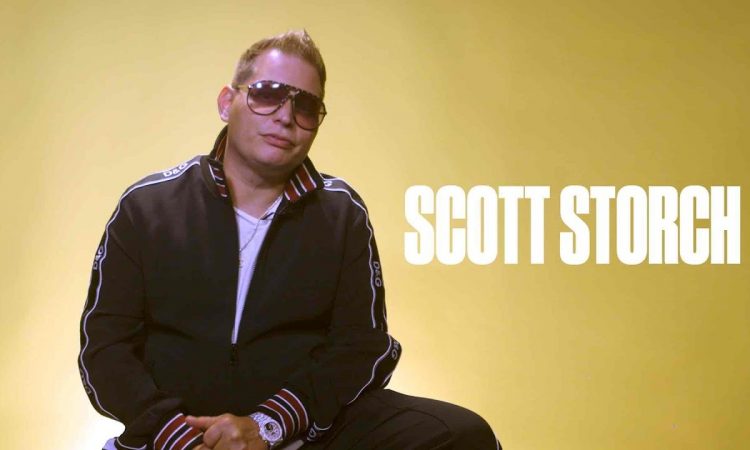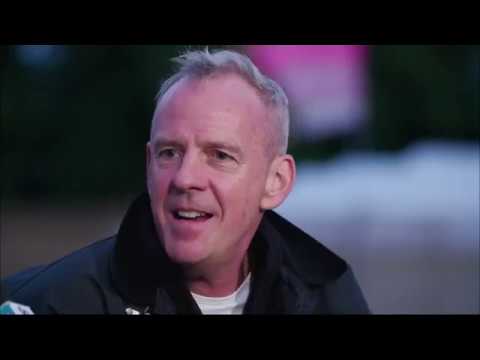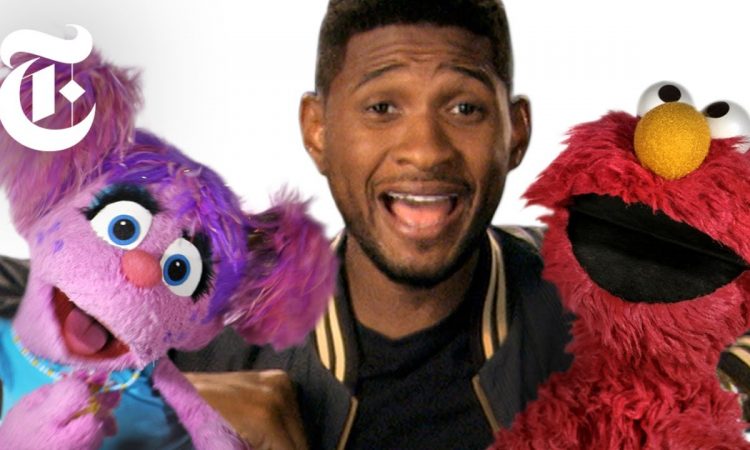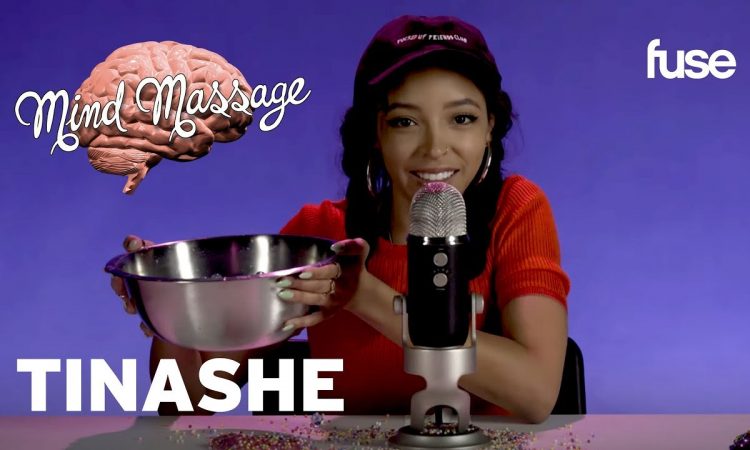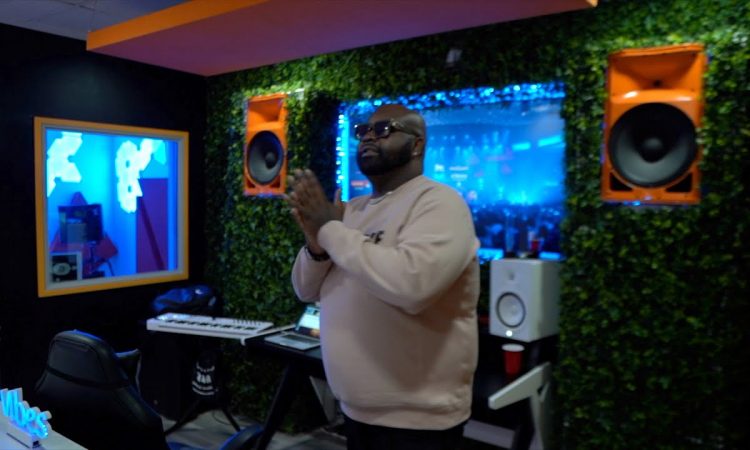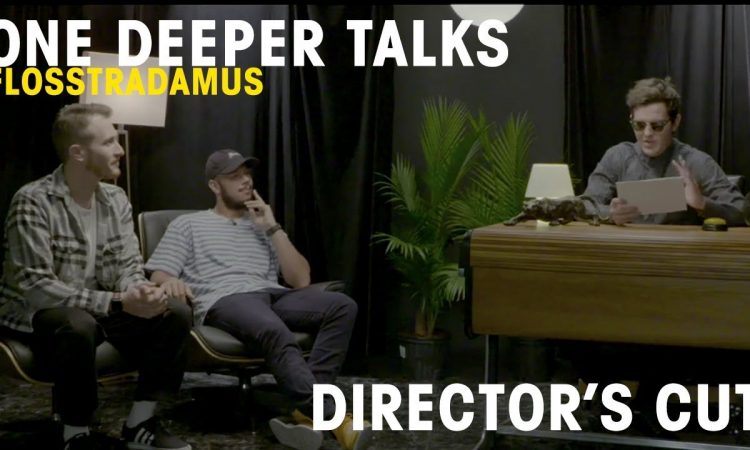Since April, André 3000 has been on the road, traveling from festival to festival with his old partner Big Boi to celebrate the 20th anniversary of their debut album as Outkast. And on Sept. 26, he’ll star, under his original name, André Benjamin, as Jimi Hendrix in “Jimi: All Is by My Side,” a biopic about the year just before Hendrix’s breakthrough, when he moved to London, underwent a style transformation and squared off against Eric Clapton.
Don’t let those things fool you. Over the eight years since the last Outkast project, the Prohibition-era film and album “Idlewild,” André 3000, now 39, has become, through some combination of happenstance and reluctance, one of the most reclusive figures in modern pop, verging on the chimerical.
Invisible but for his fingerprints, that is. For the better part of his career, André 3000 has been a pioneer, sometimes to his detriment. Outkast was a titan of Southern hip-hop when it was still being maligned by coastal rap purists. On the 2003 double album “Speakerboxxx/The Love Below,” which has been certified 11 times platinum, he effectively abandoned rapping altogether in favor of tender singing, long before melody had become hip-hop’s coin of the realm. His forays into fashion (Benjamin Bixby) and animated television (“Class of 3000”) would have made far more sense — and had a far bigger impact — a couple years down the line. In many ways, André 3000 anticipated the sound and shape of modern hip-hop ambition.
And yet here he is, on a quiet summer afternoon in his hometown, dressed in a hospital scrubs shirt, paint-splattered jeans and black wrestling shoes, talking for several hours before heading to the studio to work on a song he’s producing for Aretha Franklin’s coming album. In conversation, he’s open-eared, contemplative and un-self-conscious, a calm artist who betrays no doubt about the purity of his needs. And he’s a careful student of Hendrix, nailing his sing-songy accent (likening it to Snagglepuss) and even losing 20 pounds off his already slim frame for the part.
“I wanted André for the role, beyond the music, because of where he was psychologically — his curiosity about the world was a lot like Jimi,” said John Ridley, the film’s writer and director, who also wrote the screenplay for “12 Years a Slave.”
In the interview, excerpts from which are below, André 3000 spoke frankly about a tentative return to the spotlight that has at times been tumultuous — the loss of both of his parents, followed by early tour appearances that drew criticism and concern — as well as his bouts with self-doubt and his continuing attempts to redefine himself as an artist. “You do the world a better service,” he said, “by sticking to your guns.”
Q. You’ve been attached to various Hendrix projects over the years. What did you hope to convey about him through this one?
A. I thought, “What would Hendrix want people to know that’s not on YouTube?” He’s a god, he’s an idol. But he did that onstage. He was totally the opposite in real life.
I may have said it to John [Ridley]: “Man, I’m old. I have gray hair. Get some young unknown kid to play Hendrix.” I turned it down. They kept at it. I actually asked my son, [Seven]. He said, “Yeah, man.” Honestly, I needed it in my life, too. Hendrix kind of saved me. I was in a not-so-great space, just in a dark place every day. I needed something to focus on to get me out of my depression and rut. Sometimes, when you’re alone, you can let yourself go. I knew if I got on a train with a lot of different people, then I couldn’t let them down.
What spoke to you about this particular Hendrix treatment?
Really, this movie is about what made him. You study any great artist, there’s always women that help support that or turn them on to new things.
The film shows how open he was to letting women in.
It’s funny, the parallels [to me]. People like to joke about [his former girlfriend] Erykah Badu, the mother of my child: “Oh, you completely changed.” I was on my path before I even met Erykah. But one thing I can say. I’m singing around the house, and Erykah’s like: “That sounds great. Why you not doing it?”
I’ve heard you say that you didn’t want to become an old rapper.
I remember, at like 25, saying, “I don’t want to be a 40-year-old rapper.” I’m 39 now, and I’m still standing by that. I’m such a fan that I don’t want to infiltrate it with old blood.
But over the last five years, you’ve recorded maybe three or four guest appearances a year, and those verses are always really strong.
I struggle with the verses. I don’t sit around and write raps, I just don’t. Now the only time I’m really inspired to write raps is if an artist that I enjoy invites me to their party. So if Future calls and says, “Hey man, I want you to do this,” I don’t want to let Future down. I don’t want to let Lil Wayne or Drake down, because I love them.
But when you show up to the party, do you believe that you have something to contribute?
Jimi Hendrix at the Woodstock Music Festival. Credit Larry C. Morris/The New York Times
My son, he’s 16. Him and his buddies, they’ll be in the car, and I’ll say, “Hey, what do you think about this verse?” That’s my gauge at this point. I don’t have the pulse. Part of art is knowing when not to put paint on. And when to change your medium.
Why the tour now, then?
Honestly, I never planned to go onstage again in that way. If I feel like I’m getting to a place where it’s mimicking or a caricature, I just want to move on. But I felt like: Let me do it now ’cause these kids [in the audience], it feels good to know that they’re happy. I really don’t actually get anything from performing.
Not even over the course of the whole tour?
I feel good in being able to look at Big Boi and say, “Hey, man, we did it.” Big Boi’s got these great records on his own, but this means something else for him.
On the T.I. song “Sorry,” you have a line apologizing to Big Boi about leaving a lot of money on the table over the years.
We’ve left millions and millions of dollars on the table. We didn’t even tour for our biggest album [“Speakerboxxx/The Love Below”]. I just wanted to say I know how hard it must be.
When you started the tour, was it difficult to be onstage after so long?
Yeah, I think people could see it at Coachella, the very first show. It was foreign. My head wasn’t there. I kind of fluffed through rehearsals. A few hours before the Coachella show, I get a message that Prince and Paul McCartney are going to be there. My spirit is not right, and idols are standing side-stage, so as the show started, I’m bummed. This is horrible. In my mind I was already gone to my hotel room halfway through. So Prince called a couple days after. It was my first time actually talking to Prince. He said: “When you come back, people want to be wowed. And what’s the best way to wow people? Just give them the hits.”
I’m explaining to him that I really didn’t want to do it. He said: “I’ve been there. I’ve tried to do other things. After you give them the hits, then you can do whatever.”
Prince told you to boss up, so you bossed up.
He broke it down like this: “You’re a grown man. You’re either going to do it or you’re not.’
On tour, you’ve been wearing full bodysuits, wigs, sunglasses. Is that a person who’s hiding?
It’s always easier to play characters. They actually got André Benjamin the first night [at Coachella], and I clearly saw they don’t want André Benjamin. He loves what he’s done, but I hate cages, and sometimes nostalgia is a cage.
You’d also lost both your parents not long before the tour. Did you ever think about canceling?
No, it was actually the biggest blessing ever. These shows force me to have to be in front of those people, so it was good therapy for me.
How much of your time nowadays is just given to being a father?
Seven’s been going to school in Atlanta for the last two years. I wake up every morning, take him to school, pick him up from school, going to soccer games, going to wrestling matches. Total dad, which is cool, because so much of that was taken by my early Outkast years. We were at the height, so a lot of the time that should have been [spent] with him, I’m on the road entertaining everybody else.
How did your life change when he moved in?
The way you deal with people, the way you deal with female energy. I’ve pretty much been a bachelor, kind of whatever goes, up until Seven comes to live with me. So that changes completely.
Was that ultimately a net positive for you?
It’s twofold. It was a positive in refocusing your life, but I guess it was a negative [in] that it kind of sterilizes you in a way. You’re sitting around the house watching TV just horny, looking at the women. [Groans.]
Did Seven’s moving in and the movie help you out of your rut?
Well, it’s an ongoing thing, but I think it’s definitely helped the same way the tour has helped. The biggest thing about the tour is momentum. It’s helpful, because it makes me want to do music.
Does making music stave off depression or stress for you?
Nah. Sometimes you’re sitting in it and creating in it. That’s just how it is.
Is part of the reason you retreated from doing music because of how confining the rapper box was?
No. My thing is I’m an idealist. What I get off on is doing things people said could not be done. And so if I’m at a place where I feel like I’m regurgitating or doing the same thing, it’s doing nothing for me. I get bored really fast. I saw a certain thing in rap. It started becoming acceptable. It wasn’t rebellious. So what could be more rebellious than singing love songs, emotional songs [on his half of “Speakerboxxx/The Love Below”] when everybody else is mean-mugging, saying “I’m a player.” I want to say: “I love these bitches, man. I really do.”
What’s your creative life been like since that era? It’s mostly been out of view.
I write ideas, I write thoughts. Melodies come more for me than raps. I sit in my house and just play. I’ve been drawing and painting a lot more. I’ve always drawn costumes, things I was going to wear onstage.
Seven and I hate folding clothes, so we’d always take all of our clean clothes and just put ’em on the table. One day, I was like, “Man, we living like college students.” I got so fed up with [the mess]. I drew it. [He pulls out iPhone and flips through some sketches.] I see me moving into a visual space.
So no plans to put out an album, but we might get a gallery show?
No, I’d love to put out an album.
Sung or rapped?
It’s hard to say. [Laughs.] I’m just going to call it honest. I know this may sound morbid, but I was like, if I were to die today, I have all these half-songs on my hard drive, and I don’t want that.
But you don’t have a time window.
When you feel it, it’s right. If you don’t feel it, then why? Honestly, think about it. Why do it? Why?
DOWNLOAD ON DMS


